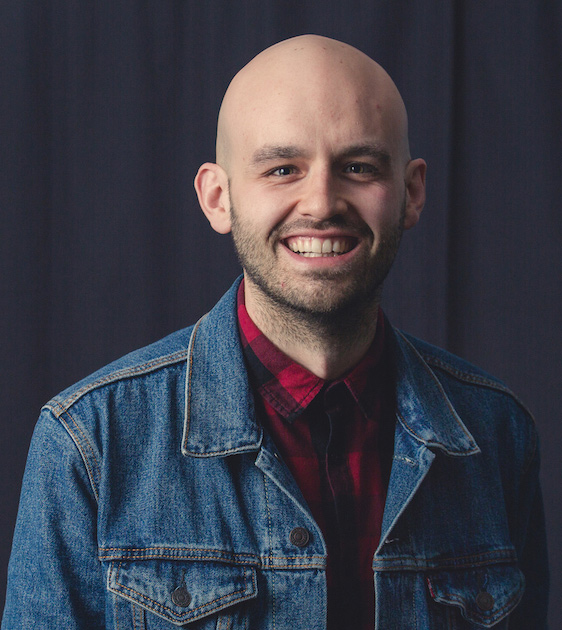
Let's Talk About Bell Let's Talk
Since its inception (January 2011), Bell Let’s Talk has remained the largest mental health awareness effort in Canada: Originally a five-year, fifty-million-dollar program which aimed to help create stigma-free//action-driven environments in relation to mental-health-care and research, it was renewed for another five years in 2015.
Bell Let’s Talk has partnered with over 1,000 organizations who have provided over 3,409,680 Canadians with access to mental health services:
- $100,695,763.75 has been committed to mental health initiatives in Canada.
- 2,235,043 Canadians have been able to access crisis and distress lines.
- 1,451,375 volunteers have been trained in mental health support.
- $5,000-25,000 grants are granted to projects that improve access to mental health care.
- 86% of Canadians have reported increased awareness of mental health issues.
The ‘social responsibility initiative’ encourages individuals to use their social media platforms to increase awareness of mental health illness and reduce stigma—the most prominent aspect of the campaign being ‘Bell Let’s Talk Day’ (January 29, 2020), a day when the corporation funds mental health initiatives based on support messages sent via their cellular network (in addition to filters, videos, and hashtags— #bellletstalk #bellcause).
These statistics are worth taking a moment to celebrate—we have come a long way in the last decade in relation to mental health awareness, corporate action, and fund//support raising.
In the midst of celebration and reflection, however, I still have a question.
Will ending mental health stigma be enough?
Clarification: I am in no way attempting to communicate that conversations, which aim to end stigma and create awareness, are not important. But we are a culture largely unwilling to endure the challenging work of transformation. We create environments fuelled by conversation, awareness, and advocacy while we neglect our own basic human needs.
We have all heard the idiom ‘talk is cheap,’ yet when it comes to mental health, sharing our own experiences has become the means of remedying a culture plagued by anxiety and depression.
Can we all agree that conversation is simply the starting point?
Conversations and awareness initiatives must simply function as on-ramps towards cultural health and renewal—the aim, after all, is not grounded solely in ending stigma, but moving towards decreased rates of anxiety and depression, and increased rates of flourishing.
Adding connection to conversation
How do we get there?
According to specialists, anxiety and depression have three root causes: biological, psychological, and sociological (specialists refer to the paradigm as bio-psycho-social). These three facets of our humanity relate to our overall mental health, but interestingly, we tend to focus on biological and psychological factors, and neglect our sociological factors.
Our neglect of sociological factors has become detrimental to our mental health in Canada, because the reality is that all humans experience anxiety and depression based on life circumstances.
It actually makes perfect sense—every challenging situation, source of stress, or lack of support will accelerate the risk of anxiety and depression. We should grasp this: for a significant portion of humans, anxiety and depression is not a problem with the brain, but with life circumstances.
All this can only mean one thing: employing psychological and biological remedies like cultural conversation and medication can only take us so far in our pursuits to aid individuals with anxiety and depression. In order for long-lasting health and transformation to take root, we will also need to care for our human needs.
The vast majority of individuals experience anxiety and depression in relation to the neglect of their basic human needs—basic human connections, which are necessary for every human being to thrive. If these connections are lost, becoming disconnections, anxiety and depression are bound to follow.
What are those basic human connections?
According to Johan Hari's recent book, Lost Connections, there are at least seven fundamental human connections which, when lost, often result in anxiety and depression. But lost connections can also be found: if we, individually and within our communities, take care of these things which are so often neglected/overlooked within our cultural moment, we can move towards increased life and health. Awareness of and attention to these seven lost connections can pave the way for discussion (and re-connection) that leads to action—not simply today, but every day.
Meaningful work
Disconnection from meaningful work means disconnection from our human purpose.
A few years ago (2011–2012), the polling company Gallup conducted a detailed study of how people across the world feel about their work. In their study, they surveyed millions of workers across 142 countries, and their results were staggering:
- 13% were actively engaged in their work (committed to contribute in a positive manner).
- 63% were engaged in their work (putting in the time, without passion or energy).
- 24% were actively disengaged from their work (busy acting out their unhappiness).
87% of the individuals surveyed are disconnected from meaningful work.
When we are disconnected from meaningful work, we are left with one resort: to shut down and just get through. The longer we spend doing this, the more we move towards ‘derealization’ —the feeling that nothing we are doing is authentic, real, or meaningful.
The imbalance between efforts and experience of reward signals to us that our contributions to the world around us are irrelevant. When we do work that feels inauthentic, fake, and meaningless, we soon begin to experience despair.
The reality: As humans, we were actually created for meaningful work (Genesis 2:15)—contributing to turning the raw-materials of the world into the Garden of Eden. When we are disconnected from meaningful work, we become disconnected from our human purpose, God’s creational intention for us as humanity.
Community
Culturally, we have come to accept a statement which is refuted and denied by all scientific, psychological, and sociological research: “We are better on our own.”
In spite of the fact that we are bombarded with the banal-platitude be you, the reality is that we were created to be us, to be we, to be a people. Every human being is in search of a community with whom they can collectively pursue what they deem to be ‘the most important things.’
And this is the most fundamental mark of any community—below the surface, this is what all communities, for all times in human history, share in common—a collective agreement upon a set of ideals/principles (a way of being in the world), which they intend to live out.
The absence of community will cultivate loneliness—not simply the physical absence of other people, but the sense that we are not sharing/pursuing anything with others.
And loneliness has been linked to higher levels of stress and increased probability of illness and death (including cancer, heart, disease, and respiratory problems). In the majority of cases, loneliness preceded depressive symptoms.
The reality: The pathway toward happiness comes from vulnerability and openness—to cultivate our common identity, and begin to realize that there is no such thing as a singular human being, but that we were built for community, created for connection; created not for independence, but for inter-dependence…

